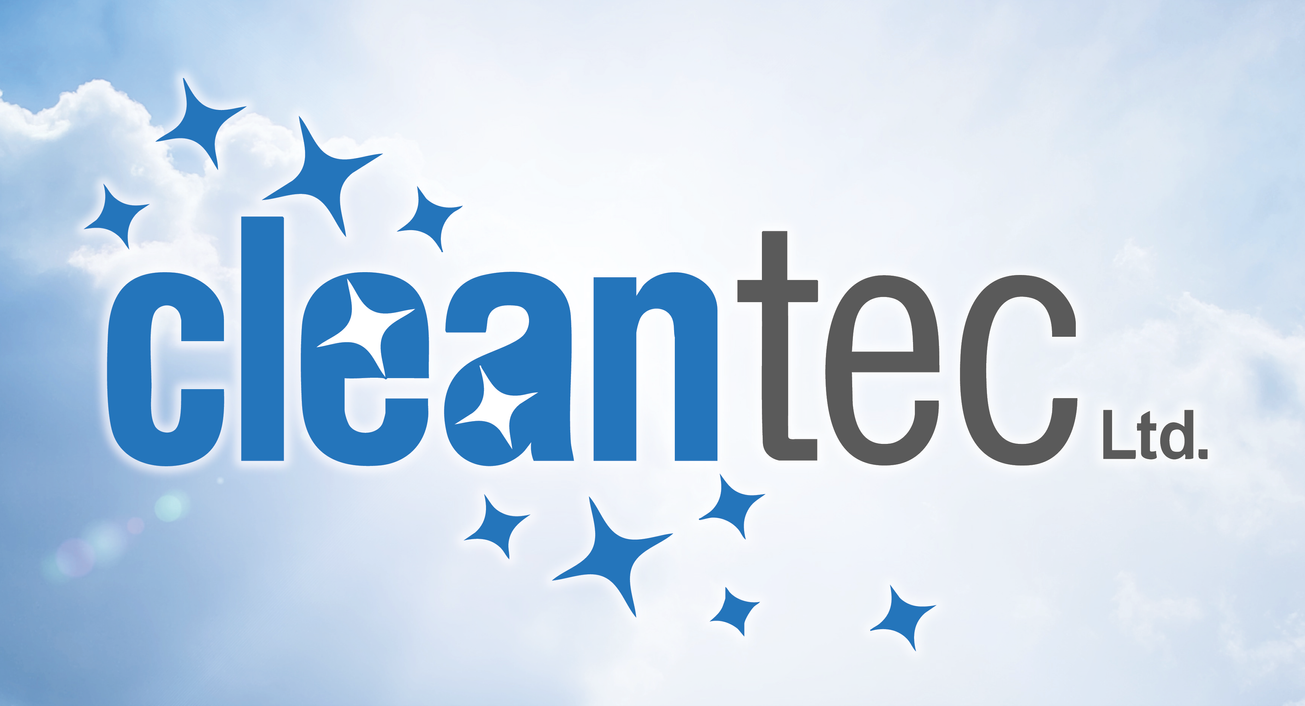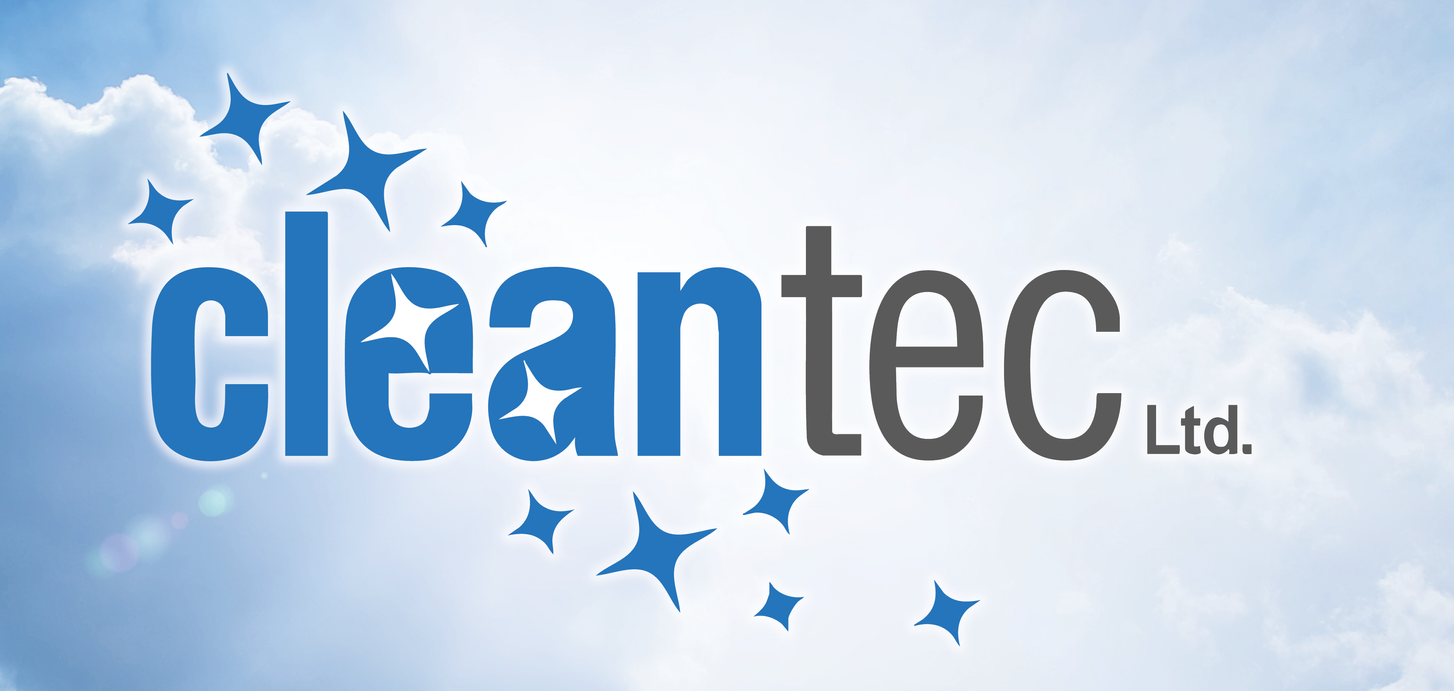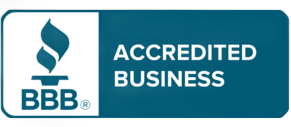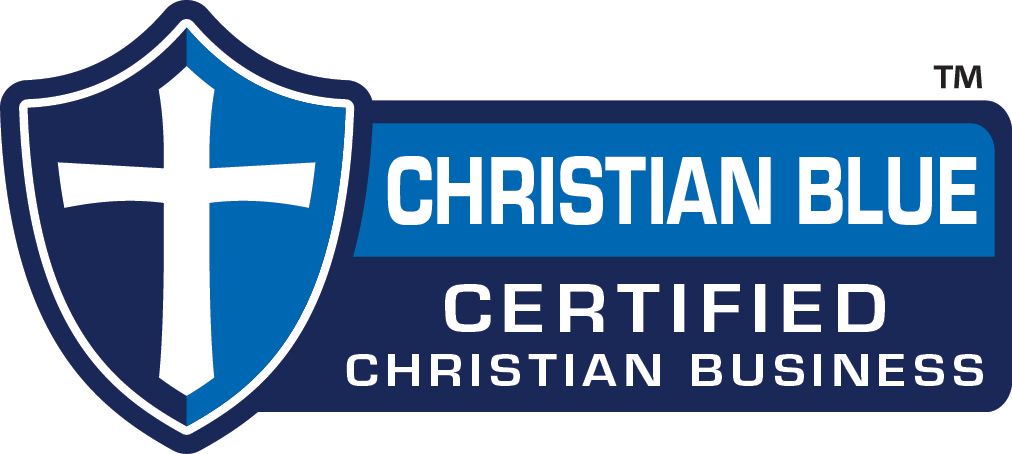Softwashing vs. Pressure Washing in Dayton, OH
Softwashing vs. Pressure Washing: Which is Right for Your Dayton Home?

Understanding the Difference Between Softwashing and Pressure Washing
If you’ve ever wondered if softwashing or pressure washing is safer for your home, it's because they may seem similar, but they serve different purposes. Both methods restore cleanliness, but softwashing is more protective of your home’s surfaces. Understanding this can help you make a smarter decision for your home’s upkeep and will preserve its exterior.
What is Softwashing?
Softwashing is a safe way to clean your home’s exterior. Instead of blasting surfaces with high-pressure water, a gentle spray and eco-friendly cleaners are used to remove grime, mold, algae, and bacteria. It's used on roofs, stucco, and vinyl siding to clean and sanitize, while preventing regrowth.
What is Pressure Washing?
Pressure washing forces water through a special nozzle to clean surfaces at a high velocity between 1,300 and 3,000 PSI. It’s ideal for concrete, brick, and stone, but can damage softer surfaces when it's not used correctly. Cleaning professionals adjust pressure settings and use specific attachments to match the surface being cleaned.
Key Differences Between Softwashing & Pressure Washing
The main difference between softwashing vs pressure washing is that softwashing is safe for fragile surfaces, and pressure washing is better when you need more heavy-duty cleaning. Softwashing won’t strip paint or harm the shingles on your roof. Selecting the best cleaning method depends on the material and the type of buildup you’re removing.
Which One is Right for Your Dayton Home?
If you're unsure about softwash vs pressure wash and which one is better for your home, consider what needs to be cleaned and how fragile its surface is. Softwashing can clean and refresh shingles, siding, and other sensitive areas without causing damage. Pressure washing can be more aggressive, cleaning tough stains.
Cost & Safety Considerations for a Dayton Home
When you’re trying to choose between softwashing and pressure washing for your Dayton home, it's common for the cost to depend on the surface and scope of the job. Pressure washing may be right for large, durable areas like driveways or patios, but it can damage soft materials when it's not completed properly, sometimes causing potential cracks or water intrusion. Softwashing uses specialized cleaning solutions and lower-pressure equipment, but it’s a safer choice for siding, roofing, and painted surfaces that need a gentler touch. Consulting with a qualified cleaning professional who understands your home’s exterior will ensure you choose the safest and most cost-effective method.
Professional Services in Dayton, OH
Cleantec is a local, family-owned company that stands above other cleaning businesses due to our detailed approach and commitment to protecting your property. Our effective softwashing process destroys grime, dirt, mold, and pollutants without causing any damage to your home’s surfaces. Our trained technicians use low-pressure techniques and modern equipment, along with the safest cleaning solutions, which are perfect for painted surfaces, roofs, and siding that require a gentle touch.
FAQs for Softwashing vs. Pressure Washing in Dayton
Which surfaces on my Dayton home are best suited for softwashing?
Soft washing is particularly beneficial for older homes with delicate siding, aged brick, or historic surfaces that could be damaged by high-pressure cleaning methods.
When should I choose pressure washing instead of softwashing?
When you're dealing with hard, durable surfaces that can withstand high water force, use pressure washing. Brick walls, stone patios, driveways, and sidewalks can accumulate oil stains, mildew, and thick layers of grime that softwashing won’t remove. Concrete steps and weathered fencing can also benefit from pressure washing. If you have a surface that might get damaged when it’s pressure-washed, then you should use softwashing instead.
Can pressure washing damage siding, roofing, or paint?
While pressure washing is effective for tough grime, it’s not always safe for painted surfaces, older siding, or roofing shingles, which are vulnerable to peeling, cracking, or water intrusion when exposed to high pressure. Match the cleaning method to the specific material on your home.
Does softwashing really kill mold and algae, or just wash it away?
Softwashing doesn’t just rinse away mold and algae; it kills them at the source. The cleaning solutions Cleantec penetrates porous surfaces to break down organic growth. Softwashing is a lasting sanitizing solution that prevents regrowth because it treats the root of the problem.
How long do the results of softwashing typically last in Dayton’s climate?
Most homeowners enjoy clean surfaces for 12 to 24 months after softwashing in Dayton’s climate before they need another treatment. The biodegradable solutions we use prevent regrowth. This means fewer cleanings, less wear on your home’s exterior, and a long-lasting, well-maintained look.
How often should I schedule exterior cleaning for my Dayton home?
In Dayton’s climate, it's wise to plan exterior cleaning once a year, using softwashing and pressure washing where they’re most effective. Softwashing usually lasts longer on shingles and stucco. Pressure washing might be needed more often in areas with heavy use or extreme weather conditions.
Can I use both softwashing and pressure washing on the same property?
Using softwashing and pressure washing on the same property is often the smartest choice. Using both methods provides you with a custom, thorough cleaning that will protect your home and deliver the most effective results. Our expert Cleantec professionals can assess what you need cleaned and determine the best approach for your property.




